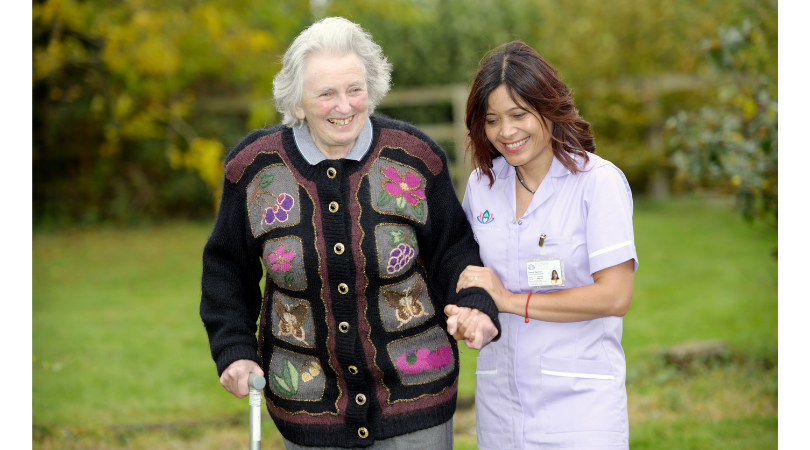
National Office
Please enter the office location/term above to receive results for your closest office as well as information matches
For many of us, ‘Covid-19’ has been the greatest threat we have known. It has had profound effects on lives and livelihoods. For some, it has brought fear, distress, and grief.
As human beings programmed for survival, we have taken the action needed to meet that threat. We adapted new ways of living. We have limited our contacts and stayed at home. We have found a place, a secure base that has let us cope and kept us safe. By adhering to expert advice, adopting new routines, social distancing, frequent handwashing, and mask wearing we have kept safe. The harrowing pictures and news reports of victims of the pandemic, day after day, repeatedly activated our basic fear reinforcing our reluctance to leave the safety of home.
Our adapted lives also became opportunities for many creative responses. For many it has been a chance for a quieter, slower, more solitary existence. We have re-discovered skills, abilities, and hobbies long forgotten. Making do with what is in the cupboard can bring a new sense of pride at teatime (okay, not always!). Observing, listening, having time for reflection, relaxation, and each other. While beating ‘Covid’ has demanded limits on physical contacts, inventive ways to maintain social connection have flourished. It has been a time of adaptation, creativity, and change, through simple, yet sometimes profound acts. There are many aspects of our adapted lives we won’t want to change and why should we?
Now we have reached a new milestone. The gradual easing of lockdown restrictions brings much longed-for opportunities, particularly to see loved ones. It is what we have all been waiting for, yet we detect some uncertainty, anxiety even. What does this mean?
Well, this is our natural protective response to the return of threat. The ‘prime minister’s roadmap might say we can go out now, but it is simply a broad set of parameters. What do you want to do? You are in control of what you decide to do.
After months spent indoors, you may feel unsure about going out or socialising again. This is perfectly normal. However, lack of activity, ‘not going out’, can lead to more ‘not going out’. It is a vicious cycle of inactivity. No matter how much friends and families have been missed, it is important you do this your way.
Here are some ideas on how to create your own post-lockdown ‘going-out-again’ narrative:
In lockdown, life was mostly predictable. Coming out brings uncertainty and challenge.
You can speak to your GP about how you are feeling. They will be able to help inform you about the local situation. They may also provide some basic counselling about your personal experiences or offer you referral to a trained counsellor attached to the practice.
You can also contact ourselves at Shrewsbury Psychology Centre. We would be happy to offer any further guidance and signposting.
Some useful links to self-help sites on anxiety and mindfulness:
If you would like to find out more about Radfield Home Care and the care support services offered, you can visit www.radfieldhomecare.co.uk or contact your local office.
Get in touch with your local Radfield Home Care office today and find out more about the support we offer and the difference we can make.